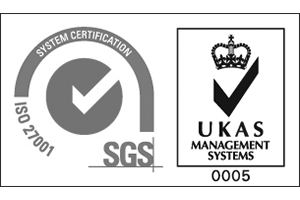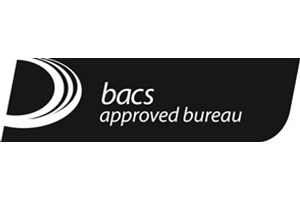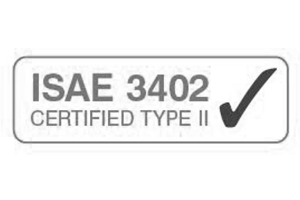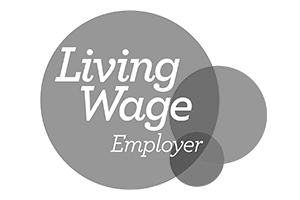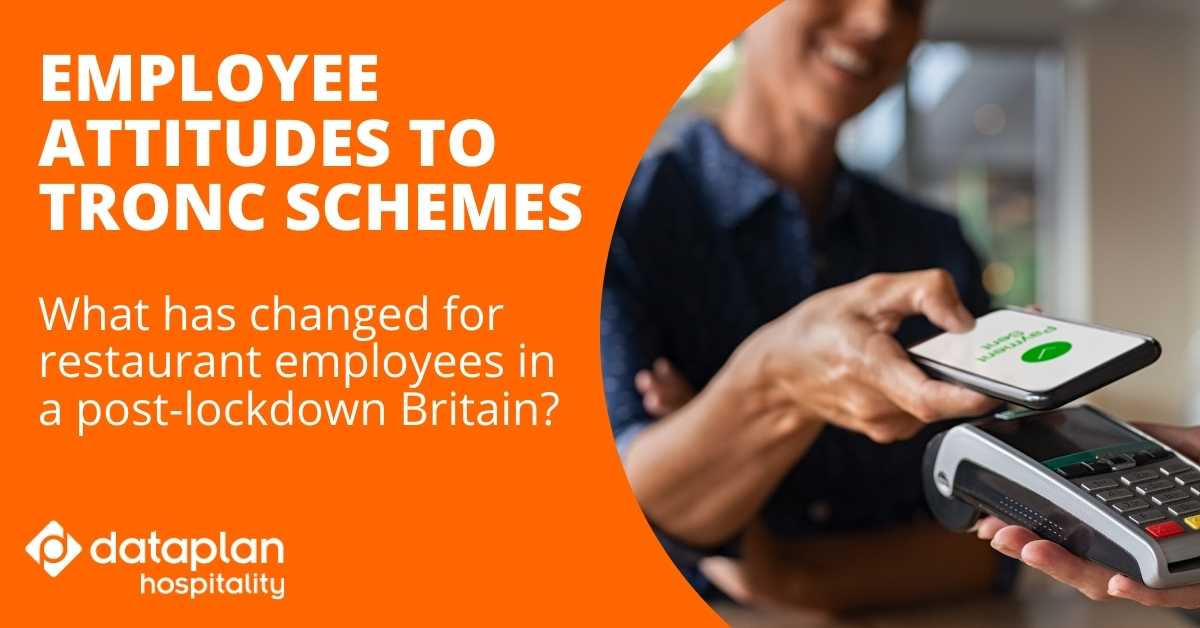
The hospitality sector has been one of the hardest hit by the lockdown. We are all hopeful that one part of the hospitality sector, the restaurant trade, will benefit from the new "Eat out to Help out" scheme, as Joe Public's "appetite" to dine out receives its first test.
As we talk to our customers, we see broader trends beyond the immediate impact of lockdown. The well-publicised battle between the industry and the Government over the Coronavirus Job Retention Scheme (CJRS) and its exclusion of payments under tronc schemes appears to have ended with no change to the policy.
And that is at the heart of the trend we are now seeing. Many hospitality business owners are reporting that their employees do not want to receive payments through troncs; they want to increase in their pay.
It is easy to understand why. Payments within a tronc scheme are essentially unearned income passed from a customer to a group of employees. As it is not earnings paid by the employer, it attracts NI savings. However, as it is not a payment of wages by an employer, it fell outside of the CJRS definition of earnings.
Tronc schemes, used well, help to retain and motivate staff without additional cost to a business and save NI. They have a significant impact on lower-paid employees, boosting their income to reasonable levels. That "top-up' from a tronc scheme that disappeared as we went into lockdown has caused many employees to want to trade potential NI efficient income for certain income.
While it may seem like a simple trade and, yes, it is understood that the loss of the NI saving will lose some income, it should be manageable to achieve the desired specific outcome; right?
Not necessarily, the complex interaction of NI, PAYE, VAT, and Corporation Tax can see a potentially simple switch costing the unwary business owners dearly.
Our sister company Troncmasters calculates that for each £100 of tips paid out as wages instead of through an effective tronc, employees "take-home" would fall by 56% from £80 to £45. If the employee wanted to maintain that £80 take home, the service charge going to the company required would increase to £178.
These are sobering numbers, and business owners need to be sympathetic to their employees' requests but fully aware of the financial implications in the most difficult of times.
Tronc specific advice and other tronc related services are available from the professionals at www.troncmasters.co.uk.
Dataplan are one of the UK’s leading providers of specialist payroll and associated services.
From payroll outsourcing and pension service management to ePayslips and gender pay gap reporting; we have a solution for you and your business.


